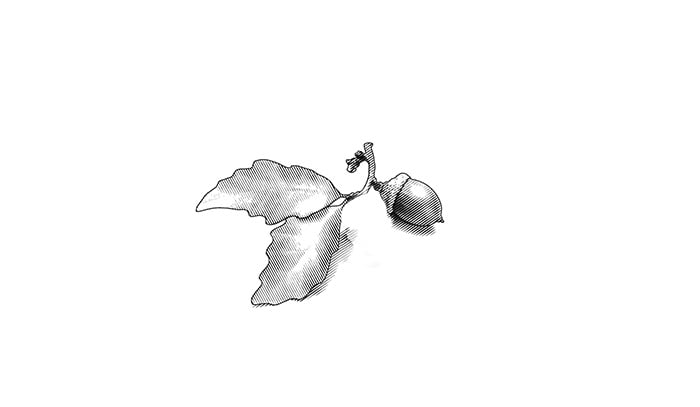
An acquaintance of mine had a death in the family recently, his wife’s grandfather. Of course, death is a part of life as much as living is. Something we all experience well in advance of our own, hopefully. This recent loss has me reflecting on the people I’ve lost in my life, emotionally close and not, geographically near and far.
In every case, for me, I haven’t been there as they passed, I haven’t witnessed that last breath. It’s the typical scene in moves and television shows — the family gathered at the bedside in the hospital, machines gently humming and beeping, a collection of tubes and wires snaking everywhere, and the patient’s breathing growing more and more shallow… and then ragged and raspy. Finally, with one last halting breath and maybe a shudder, they’ve gone on. The family comforts each other in the inevitability of what they know they are facing; there are tears and a number of brave faces. The usual platitudes are about being in a better place or no longer being in pain, being at peace, or resting.
At least, that’s what we see in the depictions. I’ve never had that experience — maybe for better, maybe for worse.
In my experience, in every case, they were there one day and gone the next. Some died in a care setting, some in a hospital, and some at home. Some are in more dignified places or positions than others. But always out of sight to me. Maybe this is a blessing, but I’m not sure.
It’s hard to contemplate watching, literally, some mysterious life force that leaves the body of someone so integral to your life, to your very being. They are there one second, gone the next. But yet nothing has changed, nothing visible or discernible at least. What is different now than one second ago? How did they have the energy or willpower for that last breath but not for the next? Where did that final spark go?
My experience has been more disconnected. It happened overnight. It happened in a different state. It happened earlier in the day. But it seems different, having seen their hours or days before. The same thing in a way — they were there, and now they’re not. The transition is just as final, but the experience seems more manageable, if that this the right word.
Having written all that, I should also clarify that I’ve been blessed. All of my personal losses have come from old age or at the end of a long illness with a predictable outcome. I can’t imagine and hope I never have to experience the sudden, traumatic loss of a loved one. In some terrible circumstance like that, I can imagine wanting to be there for every breath, for every remaining moment, and just praying for one more minute or even just a few seconds more.
So, I’m not equipped to decide if I would have rather been there for the final breath; it’s not always a choice we get to make. The circumstances of life impose their influence on death and dying. I only know for sure that I’ll be there for my own last breath; beyond that, it’s a roll of the dice. But that’s life (and death.)
—
This post was previously published on ILLUMINATION.
***
You may also like these posts on The Good Men Project:
 Escape the Act Like a Man Box Escape the Act Like a Man Box |
 What We Talk About When We Talk About Men What We Talk About When We Talk About Men |
 Why I Don’t Want to Talk About Race Why I Don’t Want to Talk About Race |
 The First Myth of the Patriarchy: The Acorn on the Pillow The First Myth of the Patriarchy: The Acorn on the Pillow |
Join The Good Men Project as a Premium Member today.
All Premium Members get to view The Good Men Project with NO ADS.
A $50 annual membership gives you an all access pass. You can be a part of every call, group, class and community.
A $25 annual membership gives you access to one class, one Social Interest group and our online communities.
A $12 annual membership gives you access to our Friday calls with the publisher, our online community.
Register New Account
Log in if you wish to renew an existing subscription.
Need more info? A complete list of benefits is here.
—
Photo credit: Unsplash
The post I Wasn’t There for the Last Breath appeared first on The Good Men Project.
